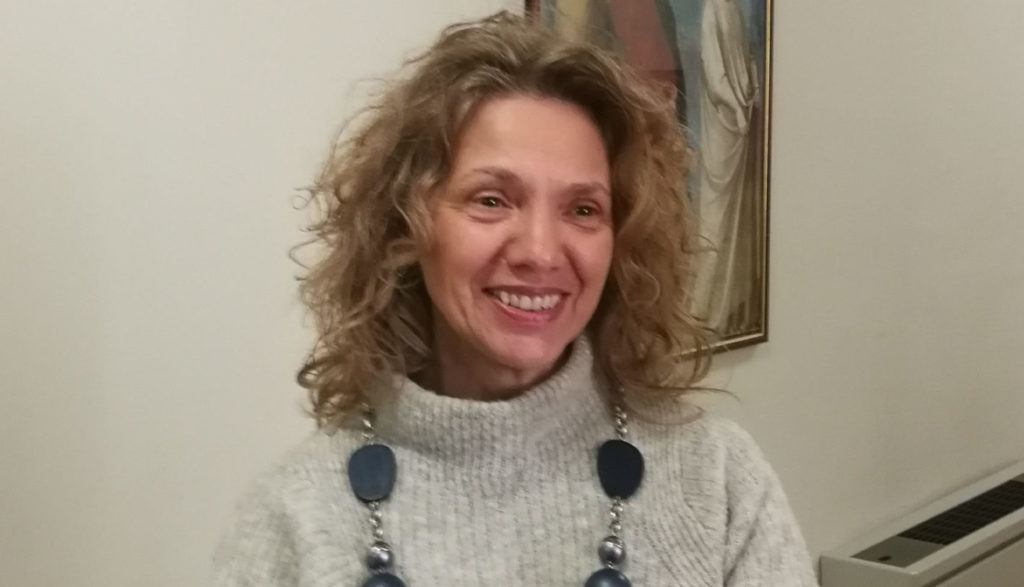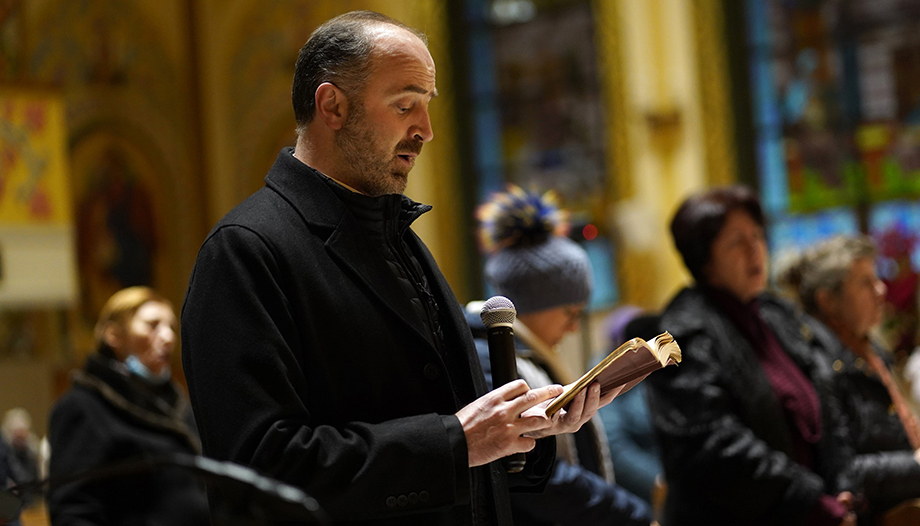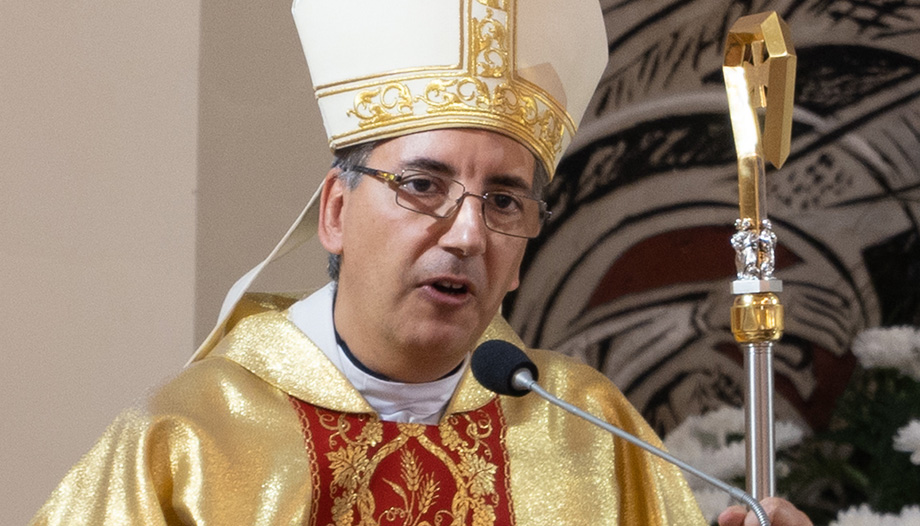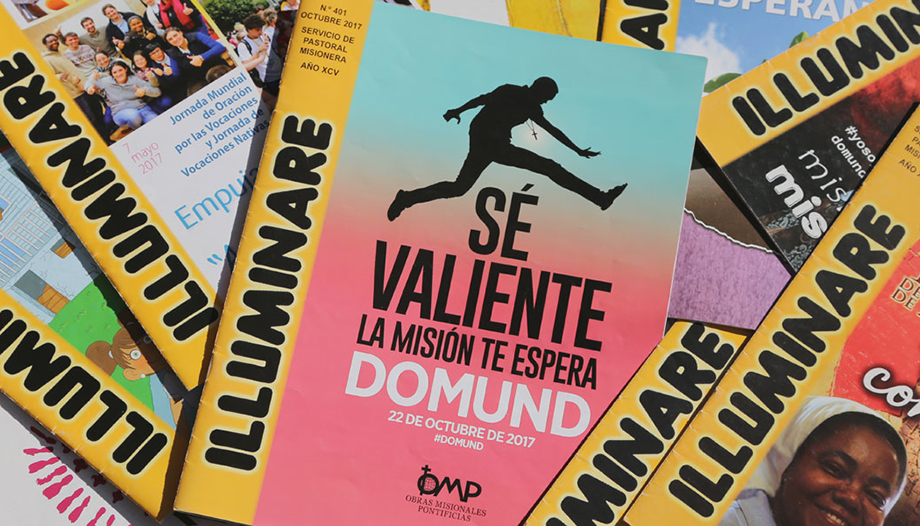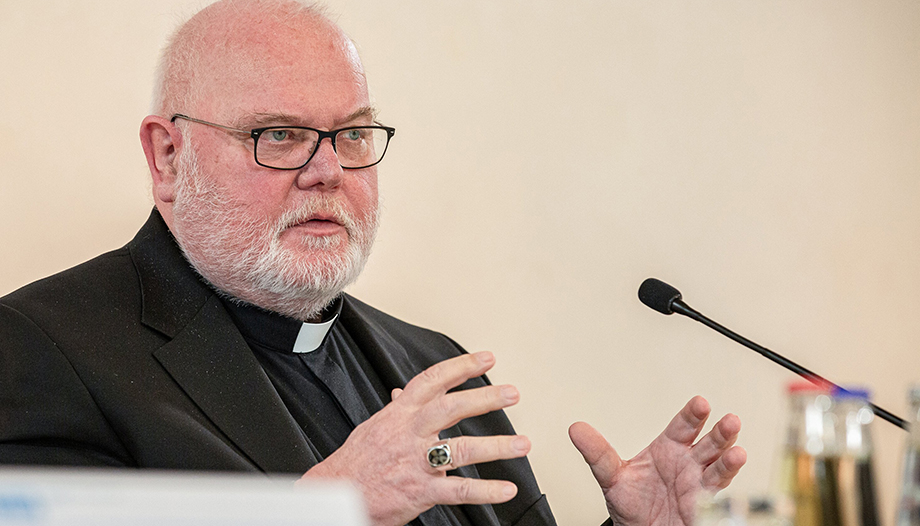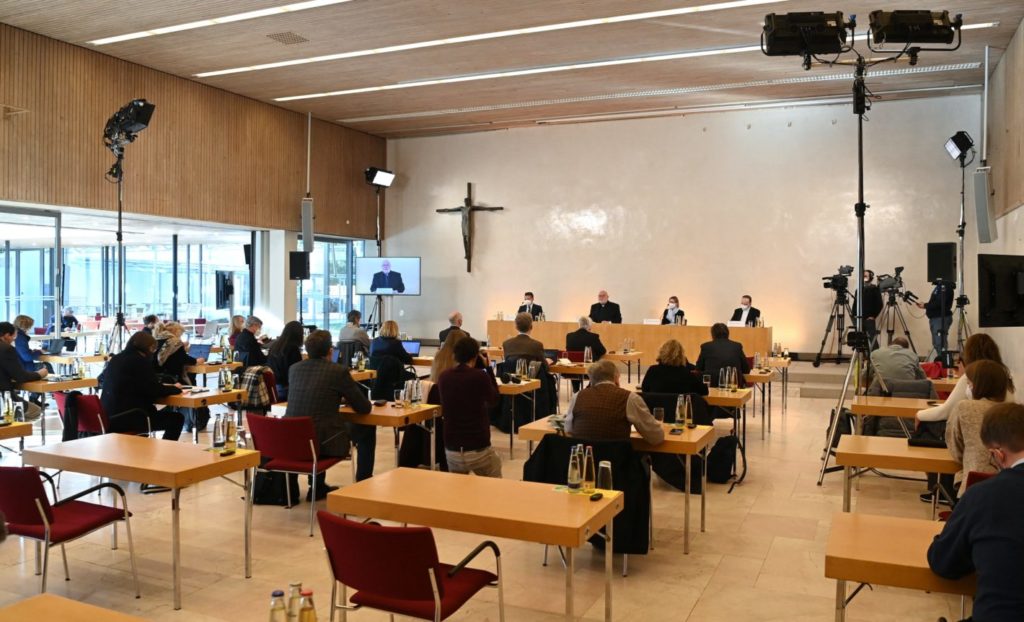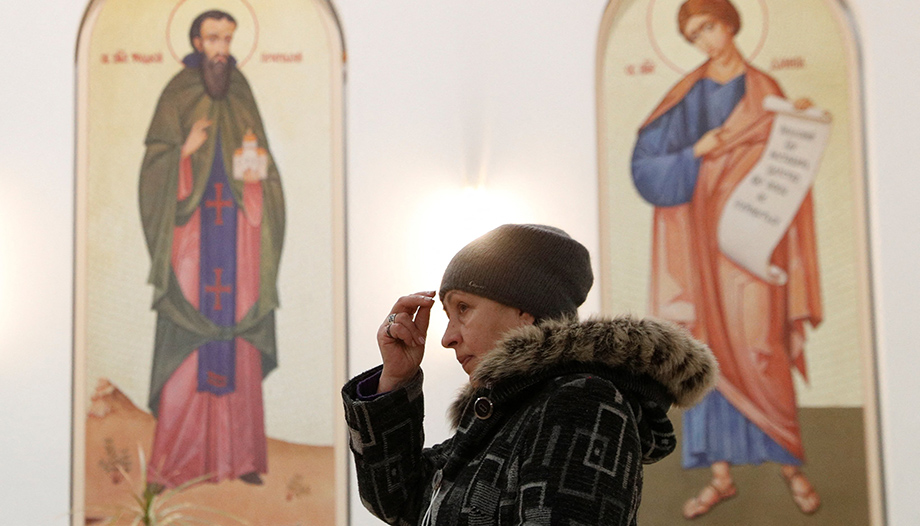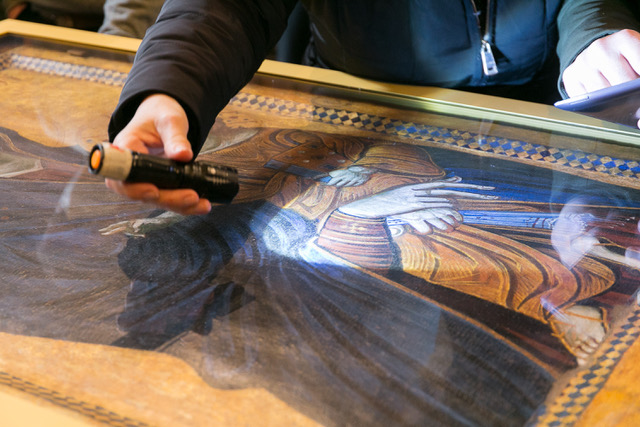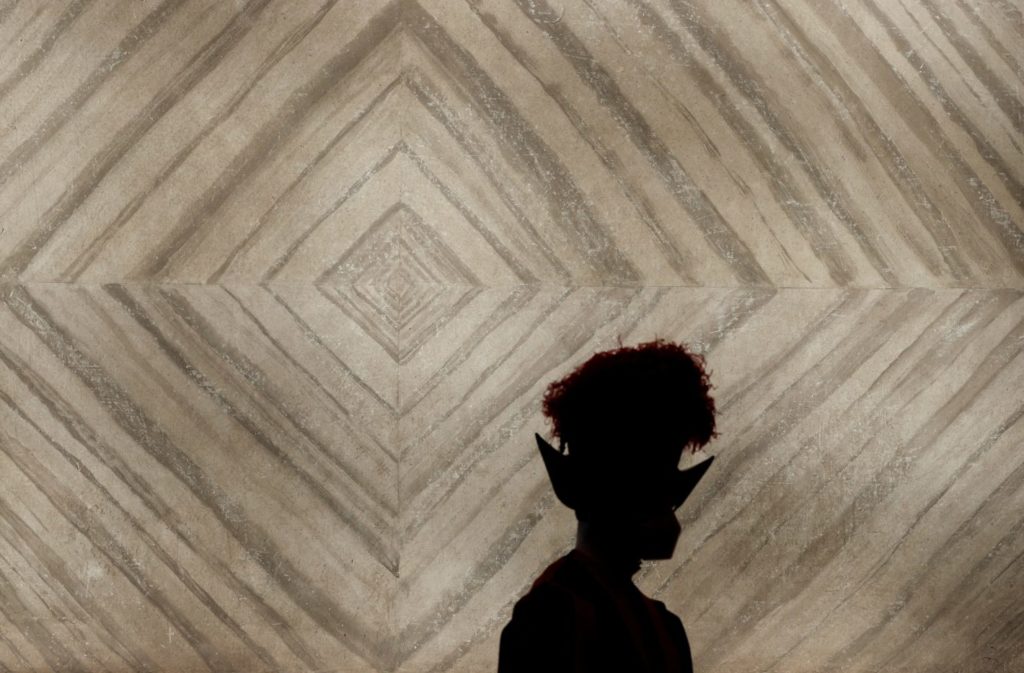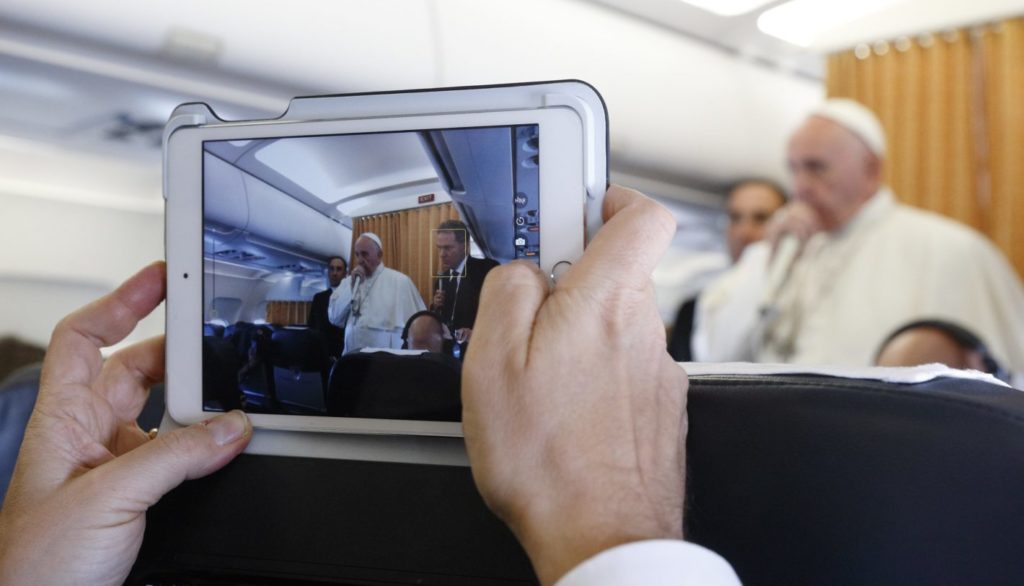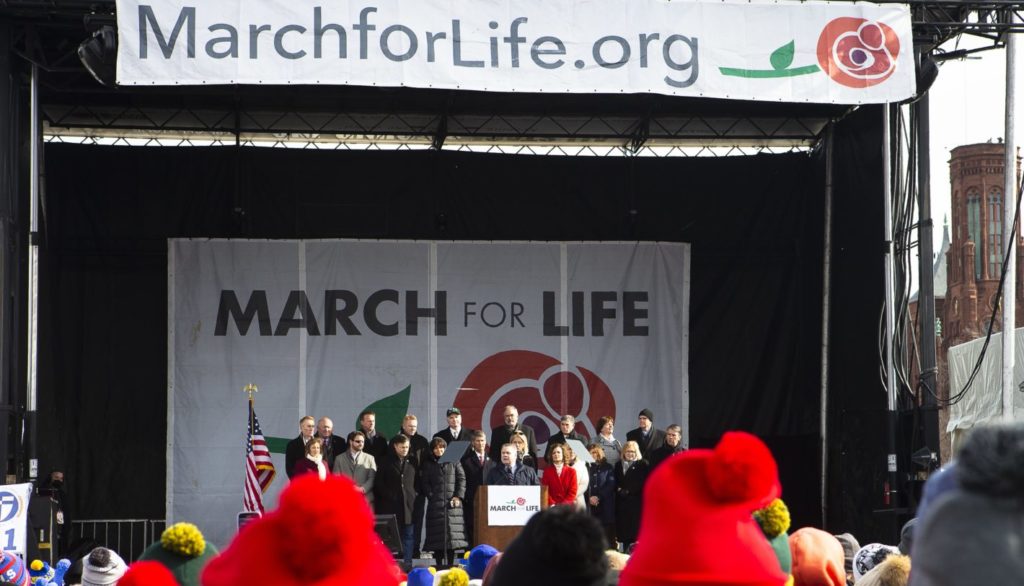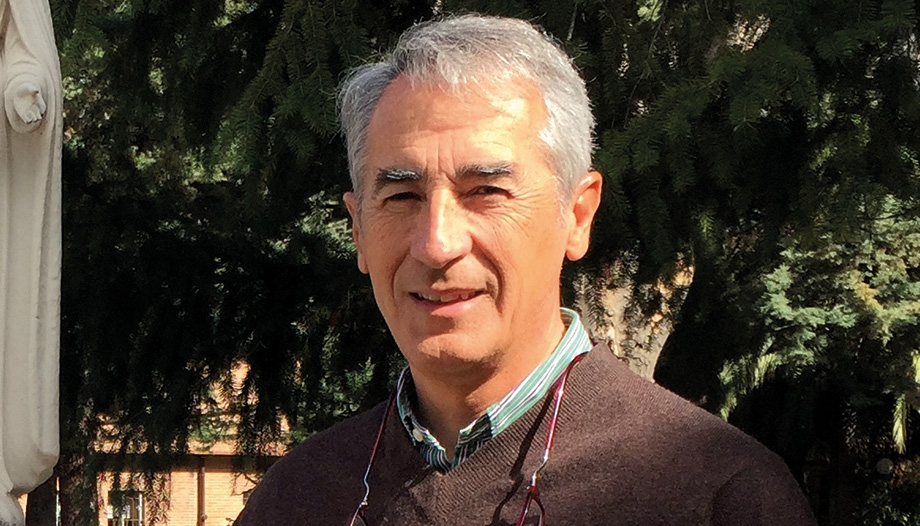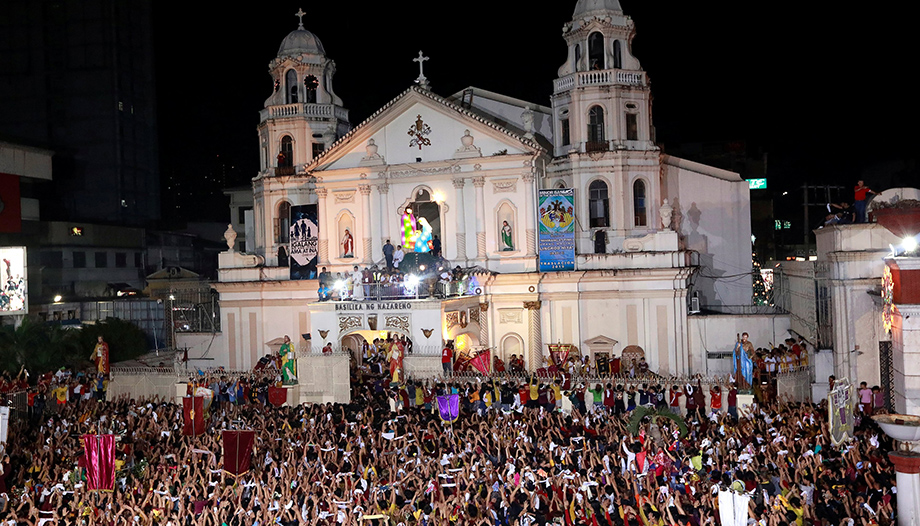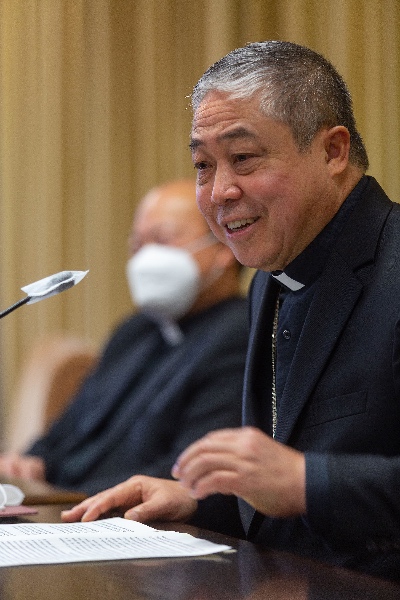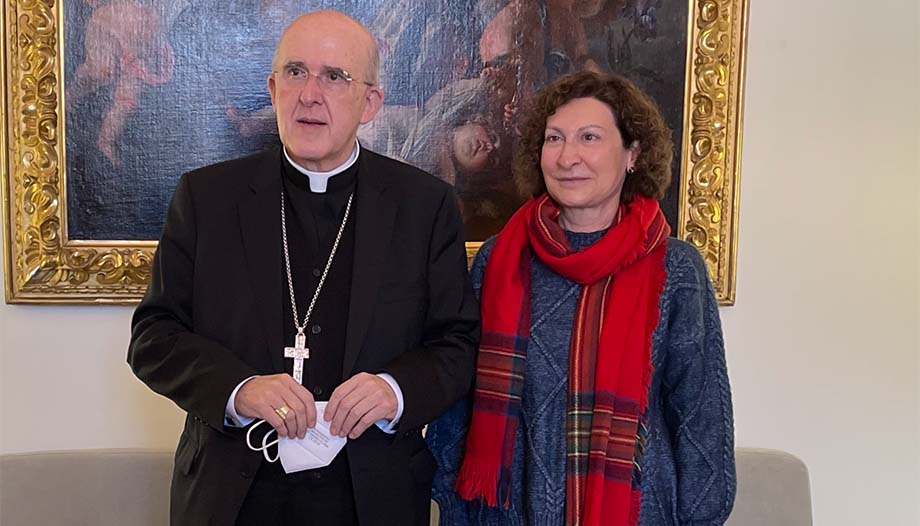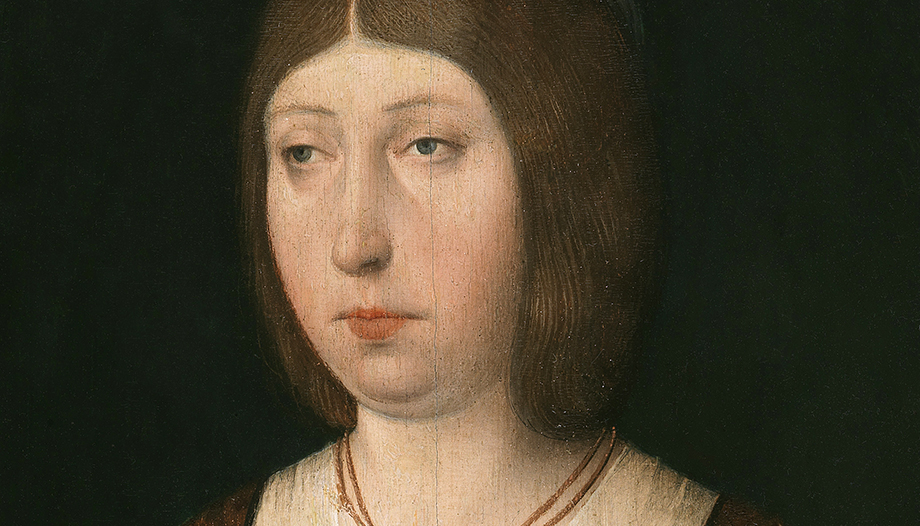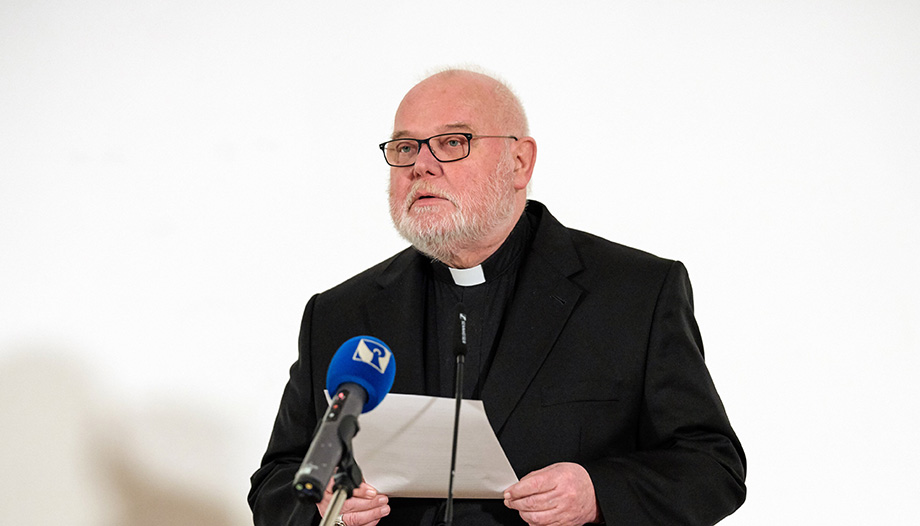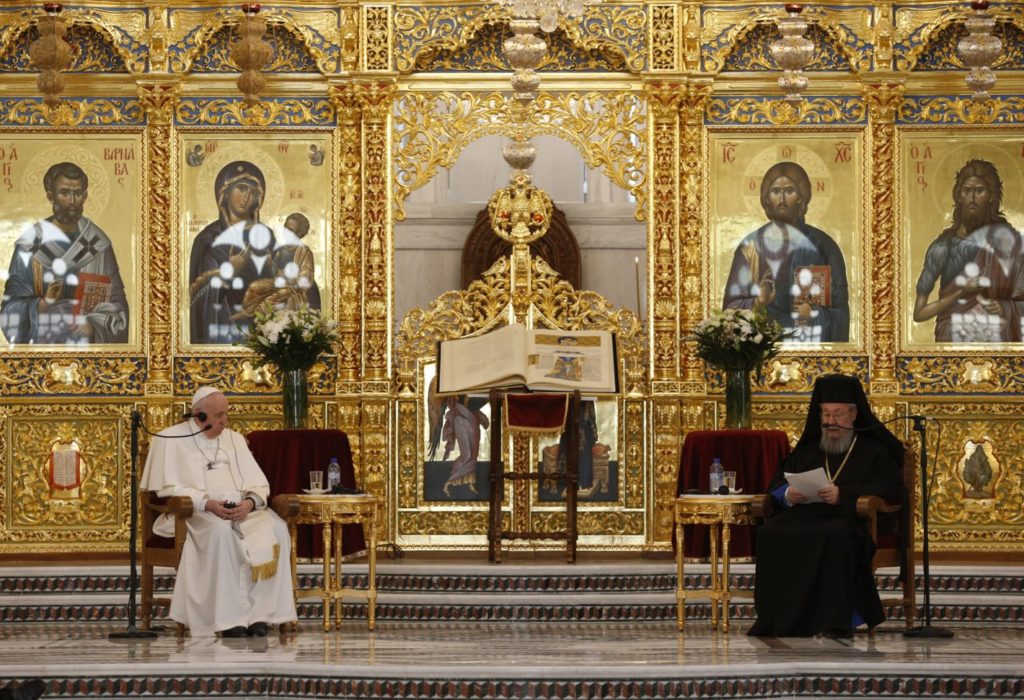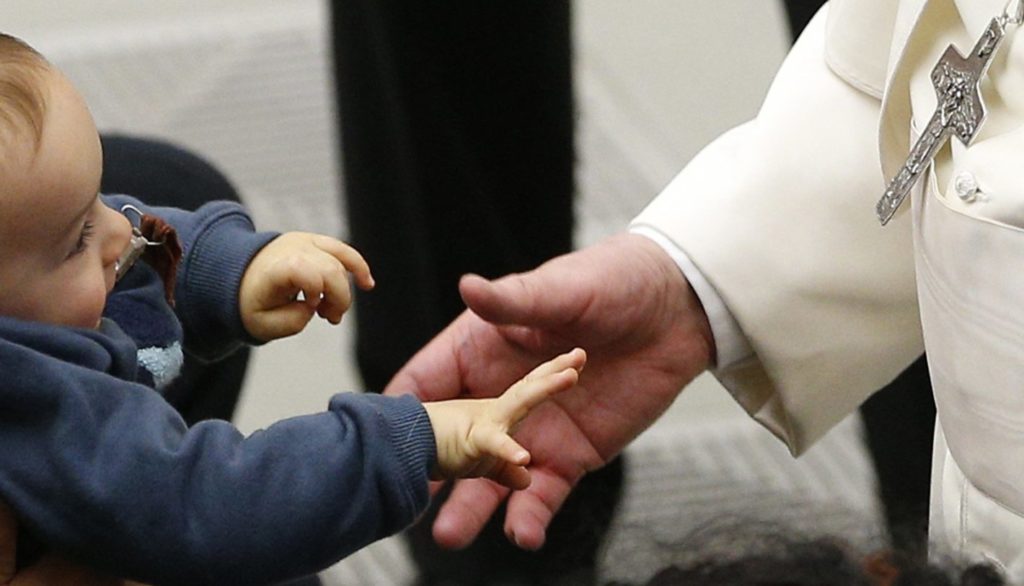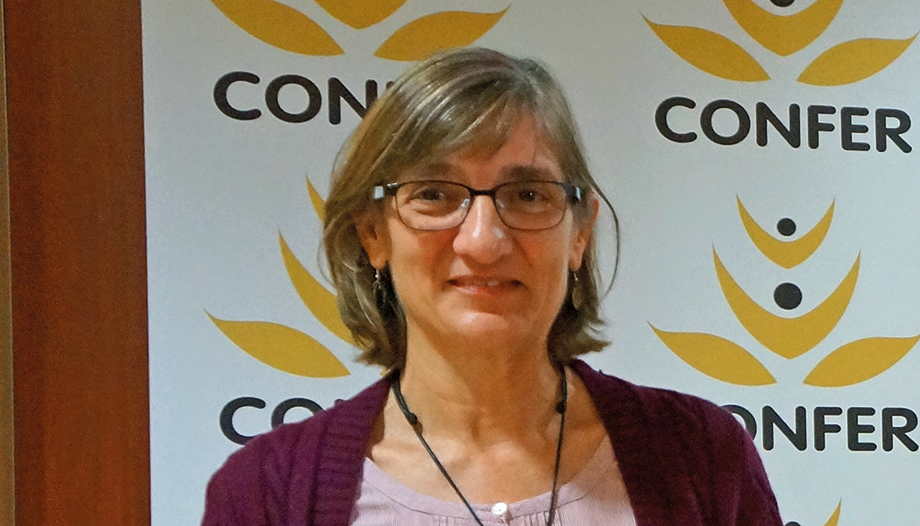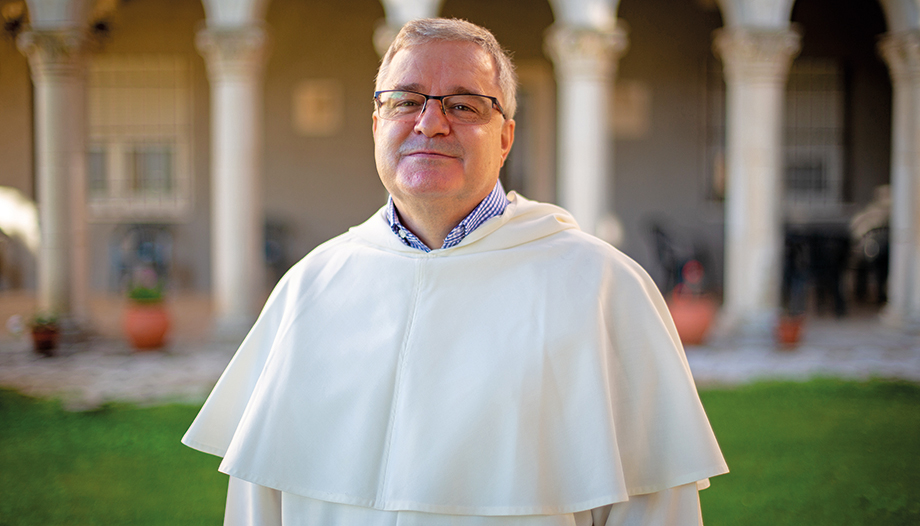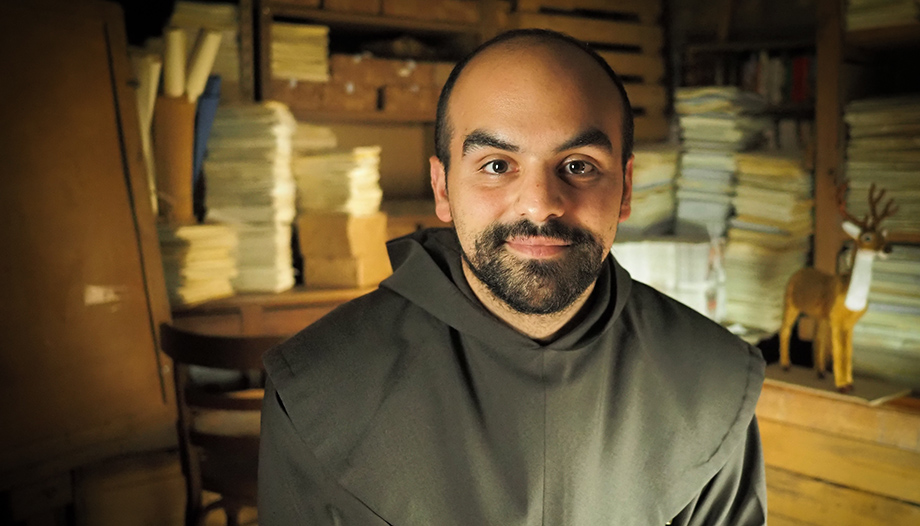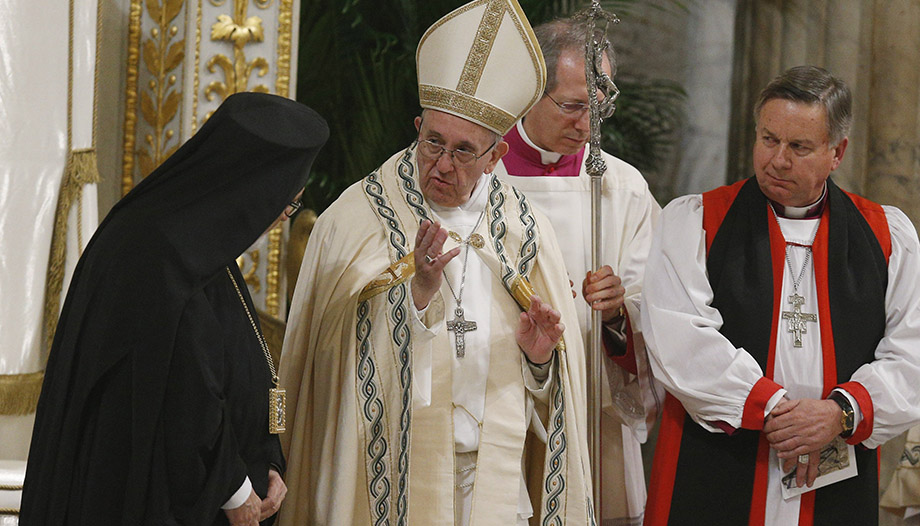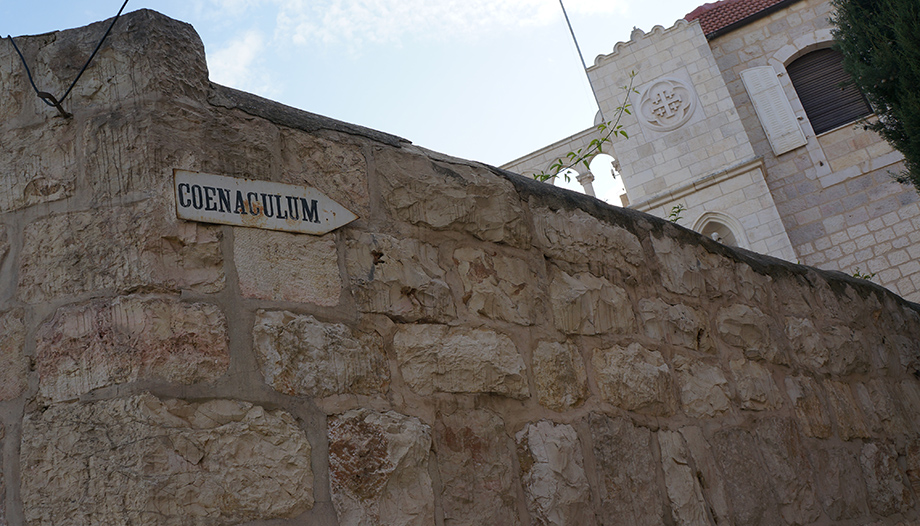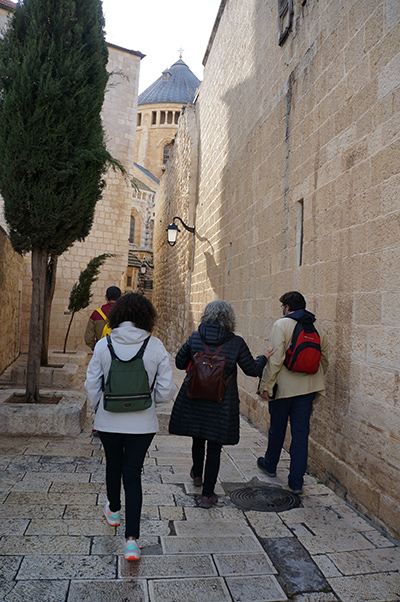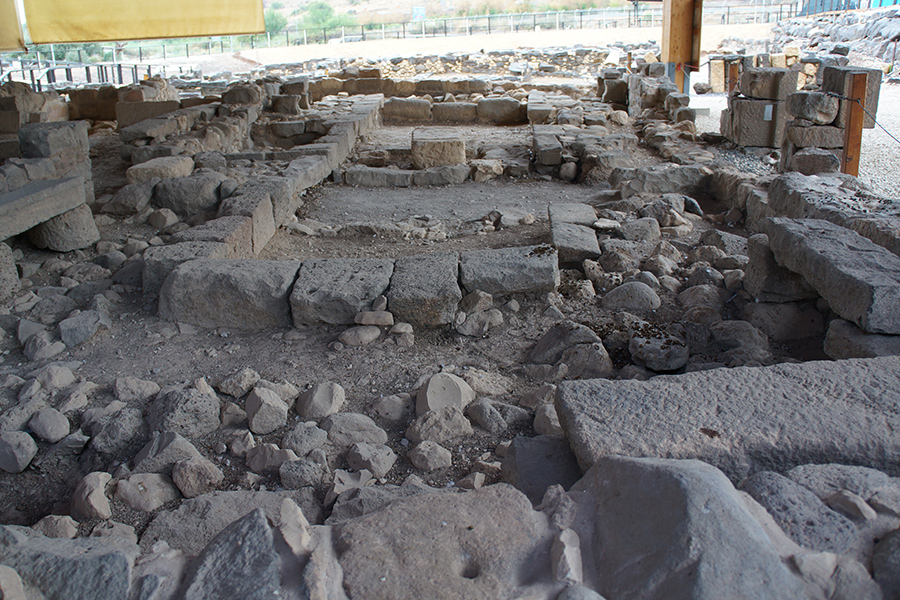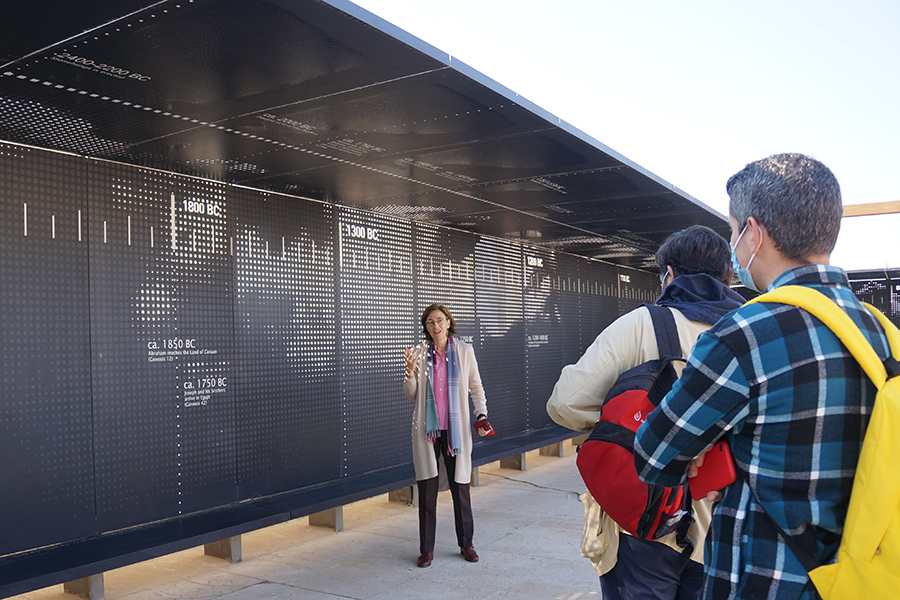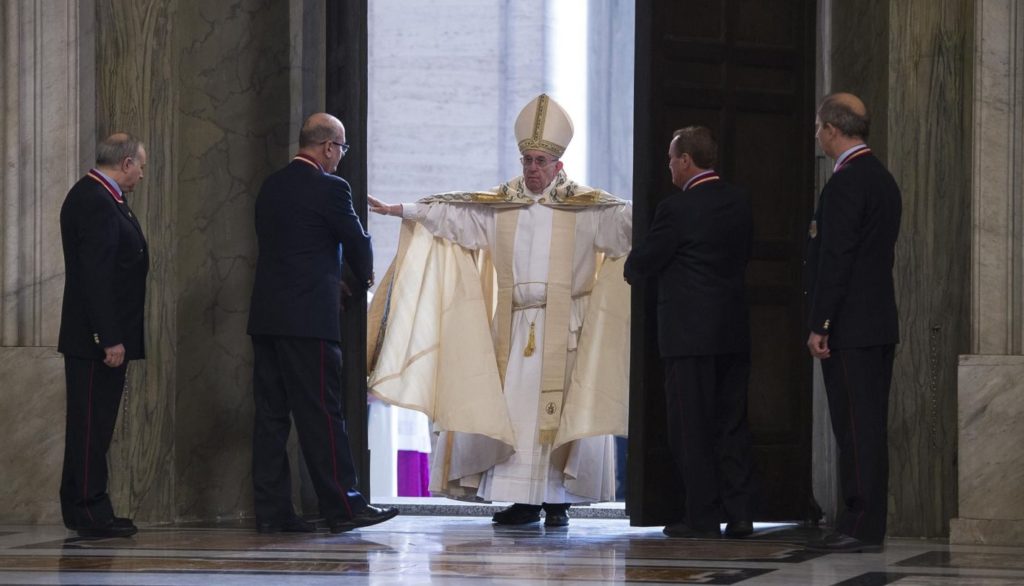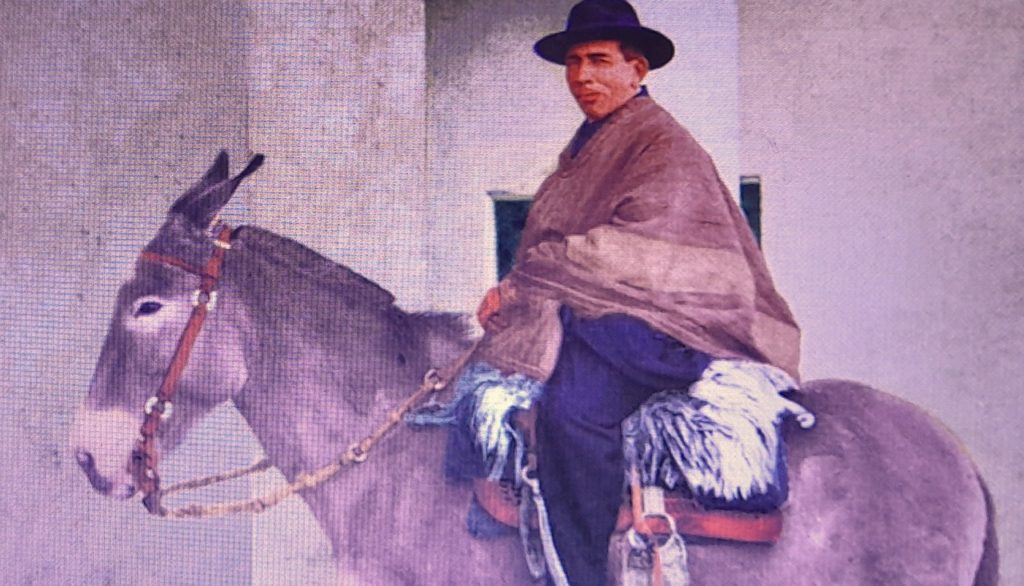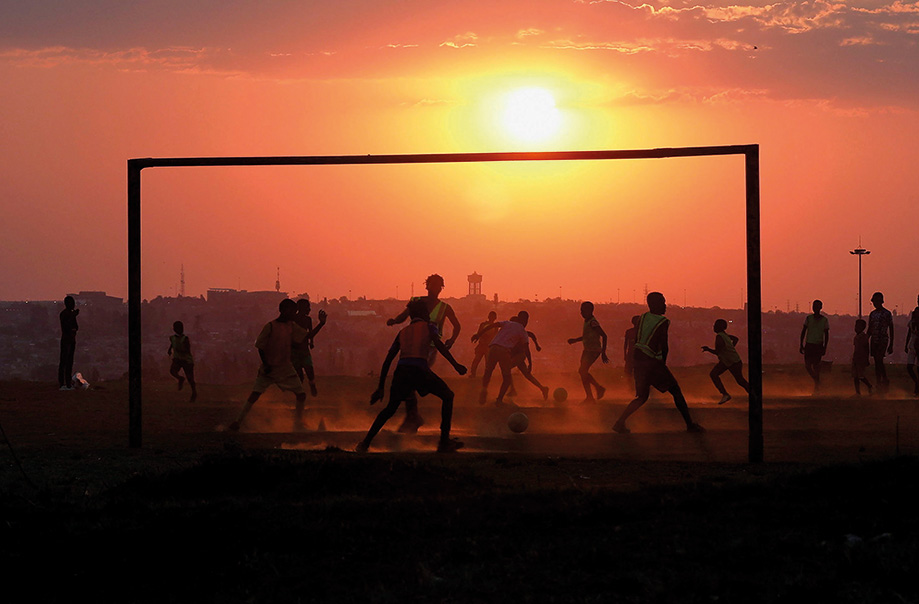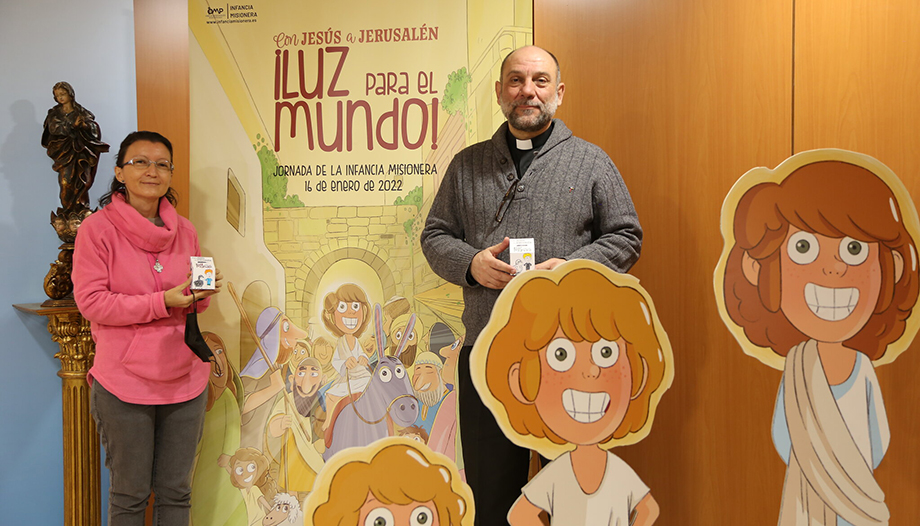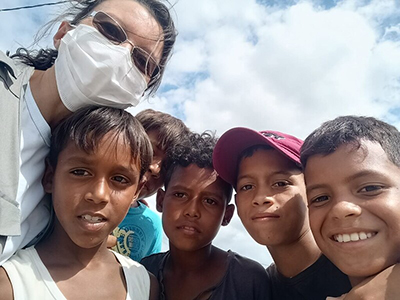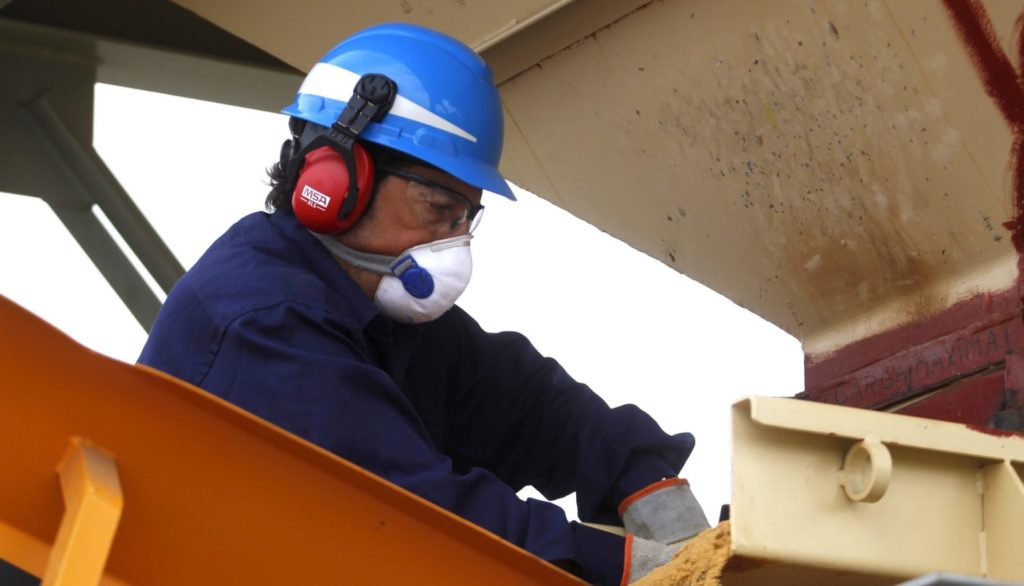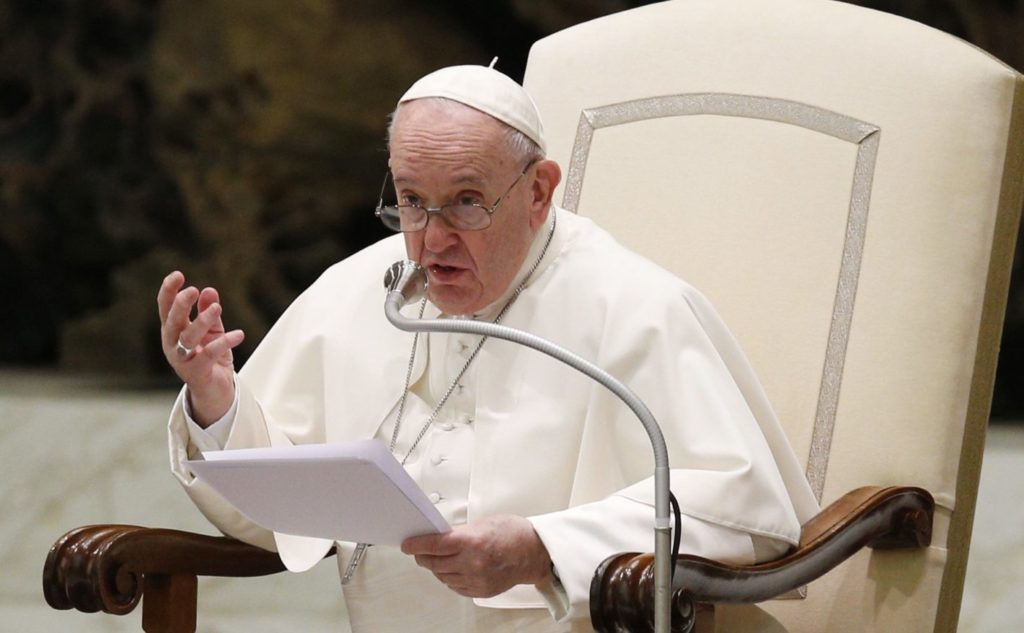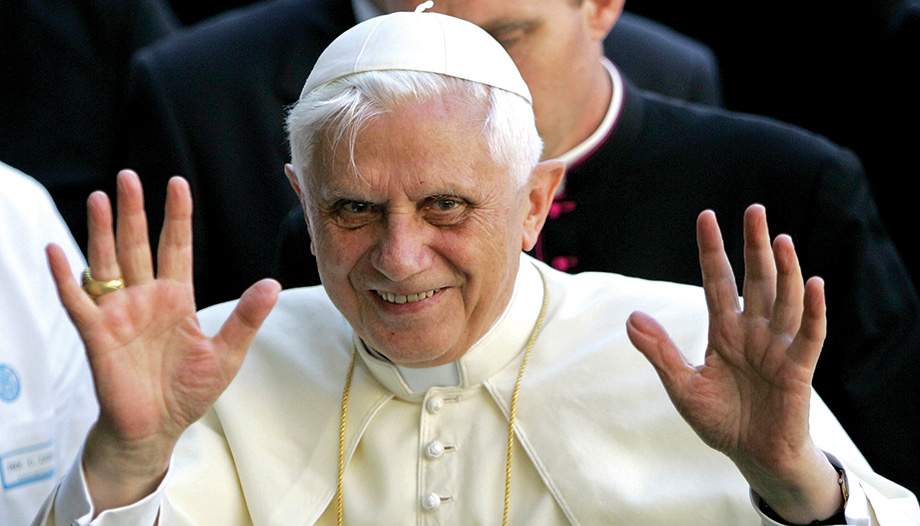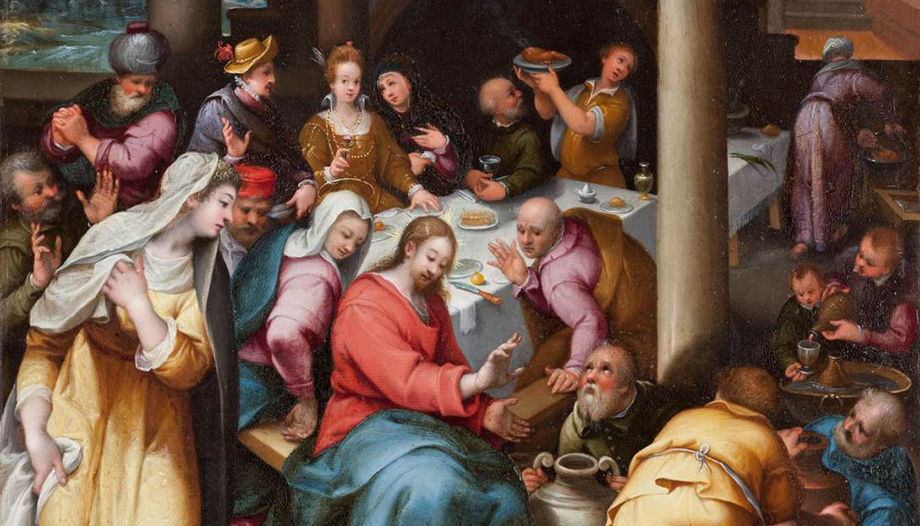Jesús Díaz Sariego, Provincial Superior of the Province of Hispania of the Order of Preachers, is, since last November, president of CONFER. This organism of pontifical right brings together Religious Institutes and Societies of Apostolic Life and also includes some male and female monasteries.
-A few weeks ago you assumed the presidency of CONFER, although you have been part of the management team since 2017. What weight does CONFER have within the different congregations, which are already autonomous in themselves?
Enrollment in CONFER is free. It is a decision made by each congregation. This freedom of membership is very appropriate. As you say, each congregation is autonomous according to its charism and mission in the Church. That autonomy is the richness of CONFER. Each charismatic family is a great contribution to the whole. Its weight should be precisely here, and not so much in the number of religious men and women. Neither in the ecclesial and social implantation with more or less visibility and influence. The Spanish Conference of Religious would like to pamper and care for each of its members for their charismatic strength, a gift of the Spirit in the Church.
-Is there unity among the different members of CONFER?
In the most important matters there is communion and unity. Even more. In those matters that could separate us, I perceive a meeting in the fundamentals. In dialogue and in common concerns we end up meeting in what constitutes us as followers of Jesus. There is a common vocation, which summons us in this following. We have a common language in which we understand each other. We even know how to express the differences of styles and approaches. Being in communion does not mean that we are all the same, because we represent many charisms. None is indispensable, but all are necessary.
Moreover, in this historical moment in which we find ourselves, we are developing even more the value of each religious family from itself and from the whole. It is a very interesting moment and a discernment that is leading us to greater communion and synodality among us. The relationship and communication between charisms is a sign of our times that we must explore even more. The path of intercongregationality is a bet, among others, of CONFER for the coming years.
-There is an evident decline in vocations, especially to the priesthood and consecrated life. How is this challenge being taken up in CONFER? Is it the same in all congregations or institutes?
The decline of vocations to the consecrated life and to the priesthood in Spain is a reality that is imposed on us. We must accept it and understand it also from God. Not only from our cultural moment, but also from our cultural moment. I have to say, at the same time, that the situation that is happening in our country, with respect to the decrease of vocations, is not the same as in other countries and in other cultural realities in the different continents.
In Spain, in the fifties of the last century, we have lived through a vocational boom that has led us to be very present in the Spanish society, by the number of religious and by the numerous presences and works that they generated. Many had a missionary spirit beyond our borders. In this sense, the contribution of religious life for decades was magnificent and not always properly recognized.
Now we are in a different moment. Not only because Spanish society has changed, and changed a lot, but also because the Church has changed. We ourselves, as consecrated men and women, are becoming different. We should stop to think if the society of our days requires the same number of religious or rather, it needs another type of yeast to leaven the bread. I am more and more convinced of this.
The secularized world in which we find ourselves needs for its leaven a less numerous leaven, although also very qualified from the evangelical point of view, as have been the religious men and women who have preceded us. It is as if the Gospel stories that refer to the description of what the Kingdom is, which we have heard so many times, had in our present time a message that is especially appropriate for understanding and living our moment.
I invite - I invite myself - to think about the scarcity of vocations more from God than from ourselves. Surely it is telling us something. At least it raises these and other questions: What religious life does God want for the future? In what Church? In what world? The religious vocation, we usually say, is God's, even if it requires our one hundred percent collaboration. But it is God's... Let us try this new way of looking at it.
I would like CONFER to explore this new way of dealing with the decline in vocations. Scarcity can also be a sign of the times, a sign of the Spirit who wants to tell us something.
I can affirm, on the other hand, that the decline in vocations is common to all the religious families registered in CONFER. We must not forget that all of them come from long ago. Some of them are hundreds of years old. In them there is enough serenity, provided by the experience of time, to sit down before God and pray with Him the questions: "Lord, what do you want from us today and how can we give value to scarcity?". Won't scarcity be a new opportunity to take up the Gospel again and turn our lives more and better to God for a better service to what our world claims from us? It is a question that takes me hours of rehearsal looking for answers.
-In this sense, how do you experience the birth of new forms of religious life, often from previous charisms?
The birth of a new charism in the Church is always a blessing from God and, therefore, good news. It shows vitality and dynamism. God, in a certain sense, is leading us.
On the other hand, each charism is a creative way of reading the Word of God in relation to each era.
The following of Jesus does not need many justifications. There are multiple ways of following him. The Lord's will is that we follow him out of love and the expression of that love is plural, giving rise to many forms of religious life.
The men and women of our time also want to follow the Lord by expressing their will to love him and to perceive, at the same time, his love for them. It should not surprise us that new forms of religious life are emerging. As long as love for God is a reality in human beings and in the members of the Church, new charisms will emerge that express it.
The Church in communion will know how to discern each of them and will do so, as she knows how, always taking care to avoid eccentricities or responses that are not entirely in accord with Sacred Scripture read as a whole and with the tradition of the Church. We must not forget that the project of Jesus is always a fraternal, communitarian project. Of integration and communion. If something viscerally harms the whole, I allow myself to doubt its authenticity. God's project is always integrating, it makes us more human and brings us closer to his plan. This is none other than his self-giving love.
No religious family exhausts in itself the charism it once received. The charisms themselves, their deepening and actualization, are dynamic, because of the creativity they contain within themselves.
-In his first speech as president of CONFER he spoke of the need for "creativity"....
Creativity, properly understood, refers rather to our capacity to change (to change the way we think and act). conversion(we would say in evangelical terms). It must be a spiritual process and must spring from intimate prayer with the Lord and deep dialogue with those around you.
Creativity, above all, is observation and trust. Observation of reality and of the needs of others. But also trust in the word of God, which we have also to seeto capture in every detail.
The Gospel is full of creativity. It is an outpouring of imagination when it comes to capturing the details of Jesus in his way of relating to people, in his way of shaping his discourses, in his way of acting and observing reality, in the spirituality that oozes from his contact with the Father, etc. This is the creativity of religious life. It must be born from an attentive reading of the Word of God and from a careful listening to the world before us. To put in relation both looks requires to look for novel forms at the moment of responding to our challenges and problems. This is also true when it comes to bringing the Gospel to our contemporaries.
The expression of God is always creative because it requires intelligence and a good heart. Intelligence puts things in order, dissects them, and delves into their reality.
The heart, in turn, provides passion and affection. It allows personal identification with the program or idea. Intelligence and heart must achieve the necessary balance, understand each other and complement each other.
-How can the various religious families take up this challenge in today's life without getting carried away in ways that are outlandish or far removed from their charism?
I would say that it is a practice, first and foremost a spiritual one. An exercise of new reading of the times that come from God and not so much from ourselves. Inherent in every charism is creativity.
Our founders did not improvise the charism that inspired them to channel their prophetic force. The prophet is always a figure, in Sacred Scripture, groundbreaking, full of creativity, dreamer and inspirer of new paths, but in contrast with God and with reality.
The prophet is first and foremost a contemplative, prayerful man or woman, a seeker in the reality of God's footprints. The true prophet in the Bible is the one who, inspired by the Spirit, is able to discern the voice of God in the historical circumstances before his eyes. This discernment is a process. Slow at times, at rest and ruminated inwardly. This is what our founders teach us.
The different religious families put into practice and assume the challenge of creativity from the prophetic strength that nestles in each charism, especially when God is allowed to act in human mediations.
-Have you been able to define the guidelines for the coming years for Spanish religious life?
After carrying out a diagnosis of the main challenges facing communities of religious life today, in which a very important representation of religious men and women from all over Spain participated, we have initiated a global plan for the strengthening and viability of CONFER.
A plan that will allow us to make the necessary updates that CONFER needs in order to better serve religious life in Spain in the coming years. All of this is based on the rapid changes that we are experiencing within our congregations. But also to the changing reality of Spanish society. We have to continue strengthening CONFER as a common home, a space of reference to continue bringing together and promoting the common values of religious life.
The inter-congregational journey, shared reflection and mission, our presence in public life, the strengthening and development of the diocesan and regional CONFERs, communication and presence in social networks, are action plans that we want to promote in the coming years.
In addition to the above, there is the concern for our ongoing formation, according to the demands of the cultural and social moment in which we are; the financial sustainability of the projects and works; the attention -their care- to the religious men and women according to the vital moment in which they find themselves. Also the support to the weaker congregations; the search for new forms of work, generating dynamisms of team work are, among others, new challenges that we want to consider at this moment.
-Pope Francis does not hide his concern and also his encouragement for religious life. Is this support an incentive for you?
Indeed. Pope Francis is a blessing for religious life. His reflections and suggestions are very motivating for us in this historical moment. Moreover, as a religious, we know that he does so from within; that is, from his own inner experience. This is especially valuable and credible for us. We notice it when he addresses himself especially to us. He is clear and direct in his message. But he is also passionate in what he says. He shows belief in what he tells us. This is a value that communicates and convinces and an impulse that stimulates and encourages us.
-What is your role in diocesan life?
Religious life, through the different communities, has been and continues to be very present in the life of the dioceses. These have been enriched by the contribution of the different congregations and their charisms. In recent years there has been a greater synergy, as we like to say nowadays, between the congregations and the local pastors. This is undoubtedly a path of synodality on which we must travel.
Many religious men and women assume, in turn, important diocesan positions in the ecclesial dynamism of the local Church.
We must not forget that religious life brings to the universal Church and, therefore, to the local Church not only its doing, but above all, its being. Benedict XVI reminds us of this in his exhortation Sacramentum caritatis when he says that the essential contribution that the Church expects from consecrated life is more in the order of being than in the order of doing. When this happens, we consecrated persons become objectively, beyond concrete persons, a reference and anticipation of the journey towards God that every baptized person has undertaken.
From this perspective, our role in diocesan life is not reduced solely and exclusively to pastoral collaboration or to a more or less active participation in the ecclesial life of the diocese. Consecrated life, with its presence, represents a sign of the Kingdom more profoundly and in accordance with the plan of salvation that God has drawn up for all....
It is good and necessary that some baptized men and women, in the life commitment they have acquired, remember in their way of living and being, that dynamism of the Spirit that brings us all closer to the God who sustains and saves us.
-How is religious life in Spain living the synodal process?
Religious life has a lot of experience, for obvious reasons, in its lifestyle and in its way of organizing and functioning, of synodality. Our community life and common participation in the most important decisions of each community and each congregation have educated us in a way of participating and being co-responsible. In this sense I can say that we are a help that springs from our own experience.
Pope Francis often reminds us of this: "Consecrated life is an expert in communion; it promotes fraternity as its own style of life".. The universal Church has opened the path of synodality on the occasion of the next Synod. I believe that it responds to an important and necessary ecclesial moment. For this reason it has set us all to work in the same direction.
Many religious men and women in their parishes and dioceses have already begun to work, together with the whole People of God, in the synodal process of this first phase: the listening phase. I am aware of their interest and participation.
From CONFER, we assume this work and ecclesial project with responsibility. Also with the open spirit of collaborating with the dioceses and with the other ecclesial and social sectors in the processes of mutual listening and common discernment.
We will contribute what we try to live every day, as well as our experience, our searches, our questions and our attempts to answer them. We thank you for counting on us in this ecclesial process in which we are all involved.











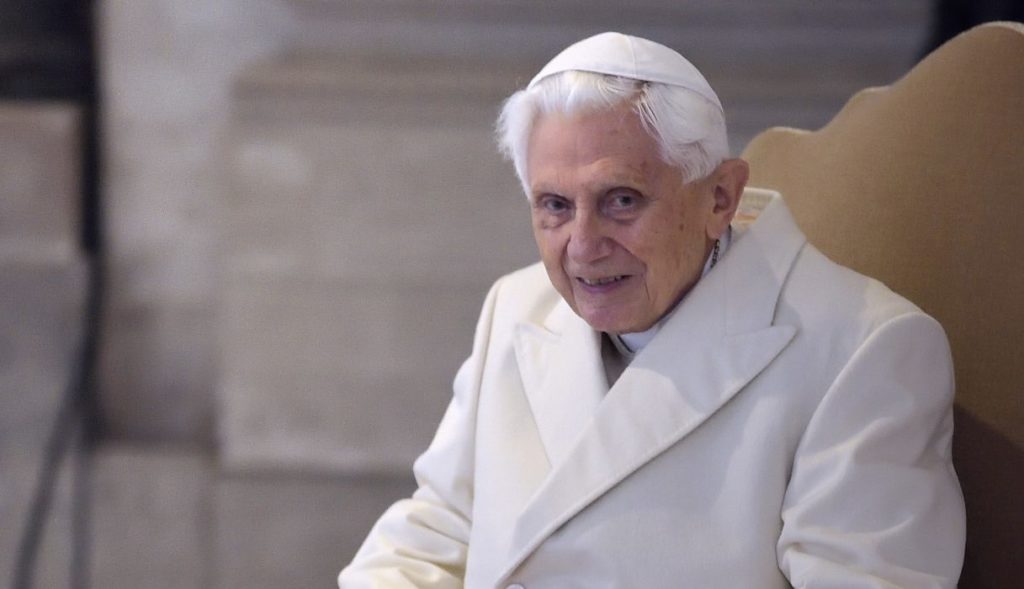
 Report on abuse: Cardinal Marx proposes reforming the Church through the synodal process
Report on abuse: Cardinal Marx proposes reforming the Church through the synodal process